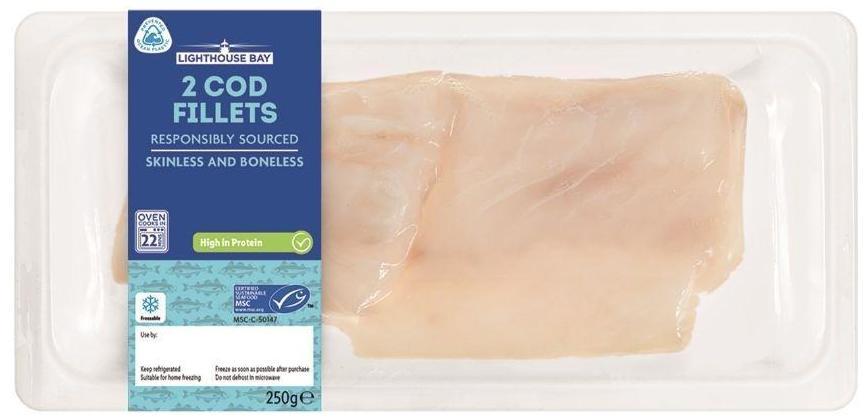Lidl launches packaging made from recycled plastic bound for the ocean
Initiative will prevent more than 60 tonnes of plastic from entering the ocean per year
Your support helps us to tell the story
From reproductive rights to climate change to Big Tech, The Independent is on the ground when the story is developing. Whether it's investigating the financials of Elon Musk's pro-Trump PAC or producing our latest documentary, 'The A Word', which shines a light on the American women fighting for reproductive rights, we know how important it is to parse out the facts from the messaging.
At such a critical moment in US history, we need reporters on the ground. Your donation allows us to keep sending journalists to speak to both sides of the story.
The Independent is trusted by Americans across the entire political spectrum. And unlike many other quality news outlets, we choose not to lock Americans out of our reporting and analysis with paywalls. We believe quality journalism should be available to everyone, paid for by those who can afford it.
Your support makes all the difference.Lidl has become the first UK supermarket to launch packaging made using “ocean bound plastic” collected from beaches.
According to the retailer, between 80 and 90 per cent of plastic packaging that reaches the ocean enters from coastlines in developing regions such as South East Asia, which is where Lidl will source its materials for its new packaging.
The initiative will see plastic that would otherwise end up polluting the ocean gathered before it reaches the water and then recycled and turned into resin.
The packaging, developed with Copernus, Sharpak and Bantam Materials, is created using 80 per cent recycled content, 30 per cent of which is made up of ocean-bound plastic waste.
The new containers will be rolled out on 13 fresh fish products from 30 March across all of Lidl’s UK stores with plans to extend the scheme to every single item in the range by the end of 2020.
Lidl says the initiative will initially prevent more than 60 tonnes of plastic from being introduced to the ocean per year – the equivalent of 2.5 million plastic water bottles.
The new scheme forms part of Lidl’s sustainability initiative to ensure half of its packaging is made from recycled materials by 2025, to reduce plastic by 20 per cent by 2022, and to make 100 per cent of its own-brand packaging widely recyclable, reusable or refillable by 2025.
Georgina Hall, Lidl’s head of corporate social responsibility, said the move was inspired by studies that found there will be more plastic in the ocean than fish by 2050.
“We are proud to be the first UK supermarket introducing packaging incorporating plastic that would have otherwise ended up in the ocean, helping to tackle the problem directly as part of our commitment to prevent plastics ending up as waste,” Hall said.
“We are actively looking to extend this innovative solution to other product lines to help reduce the amount of plastic ending up in our oceans and keep our environments healthy.”

Lidl is not the only UK supermarket making an effort to become more sustainable.
Last year, Sainsbury’s became the first major retailer to reduce plastic packaging on its fresh flowers by selling bunches and bouquets in recycled paper.
The green initiative formed part of the supermarket’s commitment to reduce plastics by 50 per cent by 2025, across its food operations.
Elsewhere, Tesco made a pledge to ban any brands that use excessive packaging from its stores as part of the second phase of its “Remove, Reduce, Reuse & Recycle” plan which aims to remove hard-to-recycle materials from products.
The supermarket said that if any packaging is deemed excessive or inappropriate, it will reserve the right not to sell the products.

Join our commenting forum
Join thought-provoking conversations, follow other Independent readers and see their replies
Comments